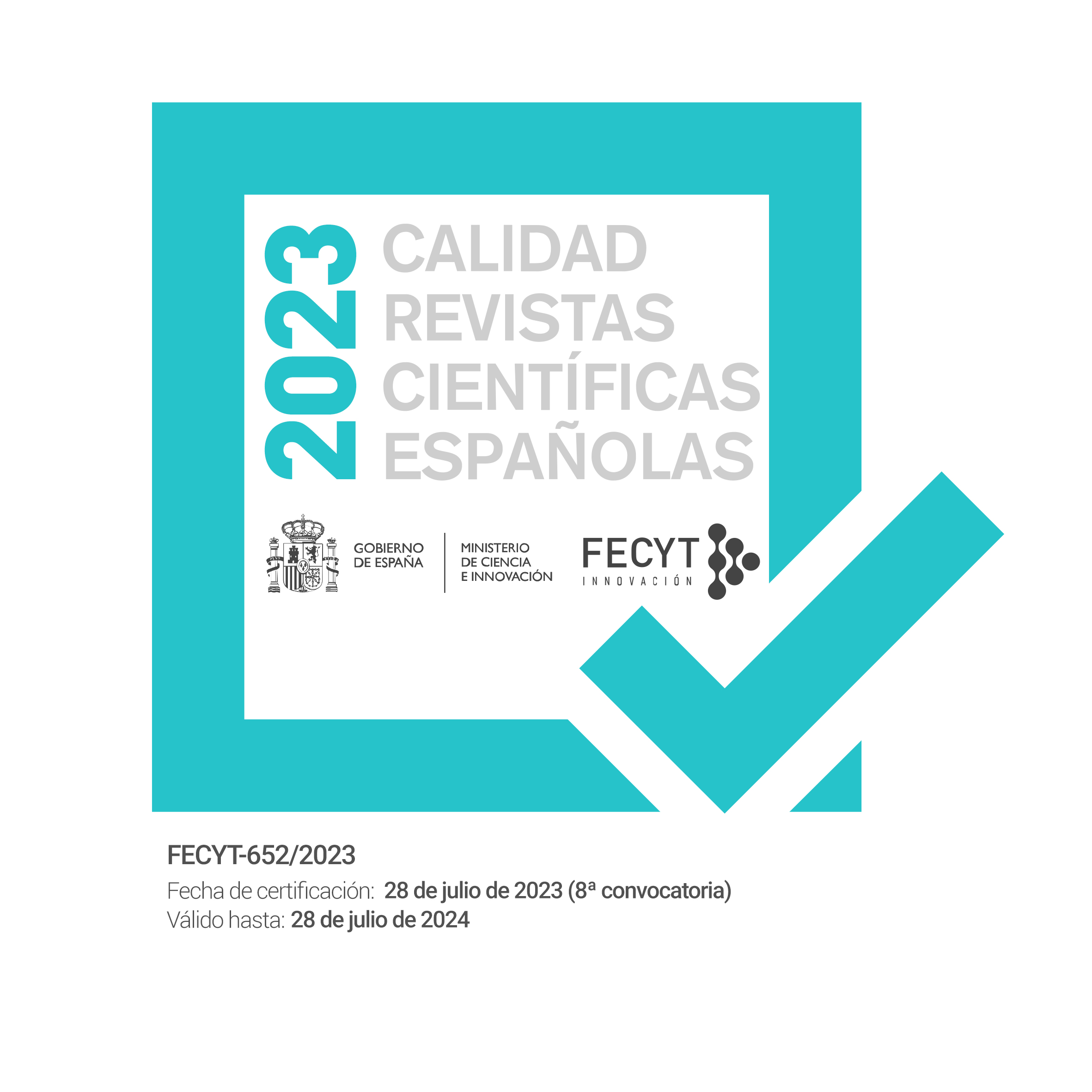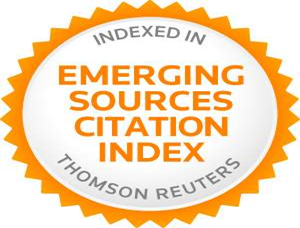SITUATIONAL FACTORS INFLUENCING LEARNER MOTIVATION TOWARDS DEVELOPING THE SPEAKING SKILL IN THE EFL CLASSROOM
Resumen
This quantitative research deals with the crucial role of motivation in developing the speaking skill in the EFL classroom. Subjects for the study were 100 EFL high school students in two different public secondary schools in Salamanca, Spain. They completed a 32-item questionnaire which was designed to measure students’ attitudes and beliefs about English language learning as well as to examine the situational factors in their own secondary schools. The study reveals that the different situational factors analysed such as teaching styles, teacher’s attitude, class environment and materials must be improved in the EFL classroom in order to firstly meet students’ expectations about learning English and secondly to motivate students positively towards the practice of oral communication in English.Citas
Afrougha, Tahereh, Ali Rahimib and Mehrdad Zarafshanc. 2014. Foreign Language Learning Demotivation: A Construct Validation Study. Procedia - Social and Behavioral Science. 136: 49–53.
Ágreda, María Labrador. 2006. Strategies to Motivate in the Language Classroom. Interlingüística 17: 57-62.
Cid, Eva, Gisela Grañena and Elsa Tragant. 2009. Constructing and Validating the Foreign Language Attitudes and Goals Survey (FLAGS). System 37: 496-513.
Derwing, T., M. Rossiter, M. Munro, and R. I. Thomson. 2004. Second Language Fluency: Judgments on Different Tasks. Language Learning 54/4: 655-679.
Glover, P. 2011. Using CEFR Level Descriptors to Raise University Students’ Awareness of Speaking Skills. Language Awareness 2/1: 33-52.
Graves, Kathleen. 2008. The Language Curriculum: A Social Contextual Perspective. Language Teaching 41/2: 147-181.
Guilloteaux, Marie J., and Zoltán Dörnyei. 2008. Motivating Language Learners: A Classroom Oriented Investigation of the Effects of Motivational Strategies on Student Motivation. TESOL Quarterly 42/1: 55-77.
Huang, Kuei-Min. 2011. Motivating Lessons: A Classroom-Oriented Investigation of the Effects of Content-Based Instruction on EFL Young Learners’ Motivated Behaviours and Classroom Verbal Interaction. System 39/2: 186–201.
Iwaniec, Janina. 2014. Motivation of pupils from southern Poland to learn English. System 45: 67-78.
Lewis, Samantha. 2011. Are Communication Strategies Teachable? Encuentro 20: 46-54.
Nakatani, Yasuo. 2010. Identifying Strategies That Facilitate EFL Learners’ Oral Communication: A Classroom Study Using Multiple Data Collection Procedures. The Modern Language Journal 94/1: 116-136.
Navarro, Betsabé Romero. 2006. Improving Speaking Skills. Encuentro 18 (2006): 86-90.
Nazara, Situ uh. 2011. Students’ Perception on EFL Speaking Skill Development. Journal of English Teaching 1.1: 28-42.
Oroujlou, Nasser, and Majid Vahedi. 2011. Motivation, Attitude, and Language Learning. Procedia-Social and Behavioural Science 29: 994–1000.
Richards, Jack C., and Willy A. Renandya, eds. 2002: Methodology in Language Teaching: An Anthology of Current Practice. Cambridge: Cambridge University Press.
Sakai, Hideki, and Keita Kikuchi. 2009. An Analysis of Demotivators in the EFL Classroom. System 37/1: 57–69.
Savaşçi, Merve. 2014. Why are Some Students Reluctant to Use L2 in EFL Speaking Classes? An Action Research at Tertiary Level. Procedia - Social and Behavioral Sciences. 116: 2682–2686.
Savignon, Sandra J., and Chaochang Wang. 2003. Communicative Language Teaching in EFL Contexts: Learner Attitudes and Perceptions. IRAL 41/3: 223–249.
Tan, Melinda. 2005. CLT – Beliefs and Practices. Journal of Language and Learning 3/1: 104-115.
Thornbury, Scott, and Diana Slade. 2006. Conversation: From Description to Pedagogy. Cambridge: Cambridge University Press.
Wong, Lillian L.C., and David Nunan. 2011. The Learning Styles and Strategies of Effective Language Learners. System 39: 144-163.
Zhang, Yun. 2009. Reading to Speak: Integrating Oral Communication Skills. English Teaching Forum 1/1: 31-34.
Descargas
Publicado
Número
Sección
Licencia
Derechos de autor 2016 Elisa y María Jesús Pérez / Sánchez García /Manzano

Esta obra está bajo una licencia internacional Creative Commons Atribución-NoComercial 4.0.
Reconocimiento – No comercial (CC BY-NC). Bajo esta licencia el usuario puede copiar, distribuir y exhibir públicamente la obra y puede crear obras derivadas siempre y cuando estas nuevas creaciones reconozcan la autoría de la obra original y no sean utilizadas de manera comercial.
Los autores retienen todos sus derechos de publicación y copyright sin restricciones.









